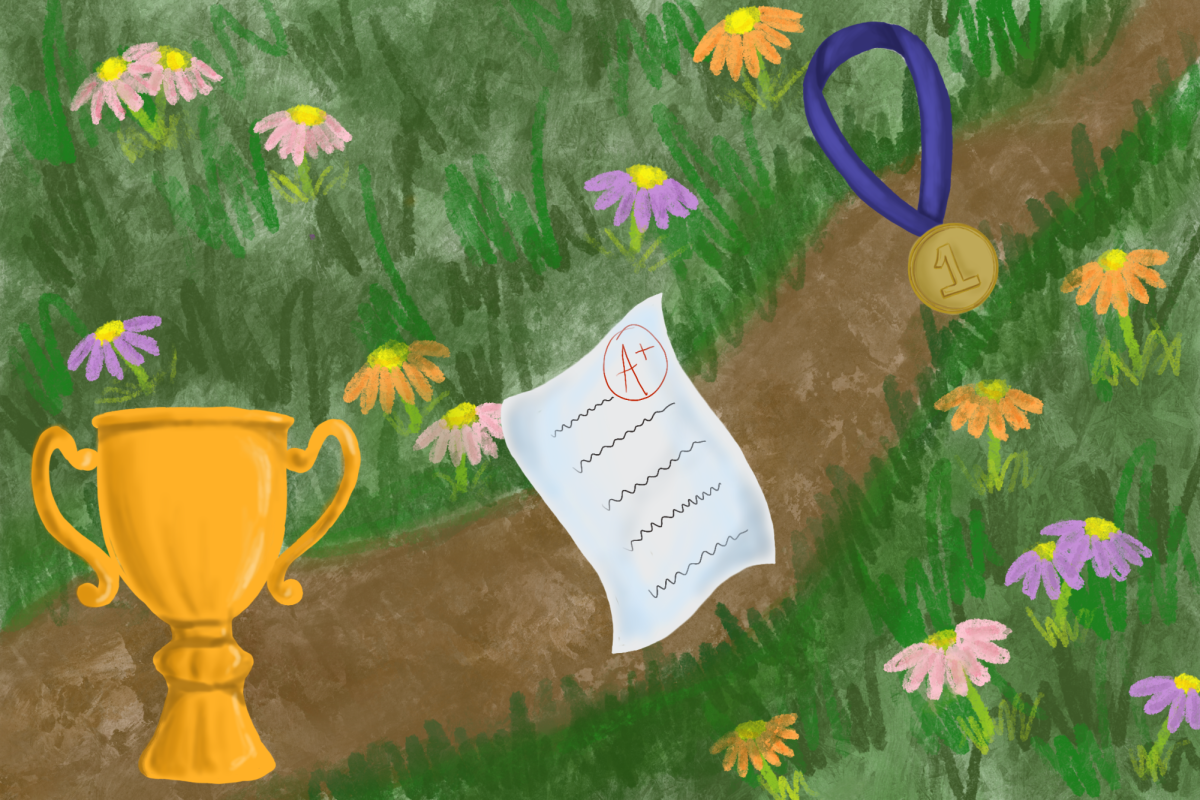In a recent Austin American-Statesman guest column, Richard Vedder lambasted the University of Texas at Austin in particular and higher education in general. Through his Center for College Affordability & Productivity (whose staff directory looks more like a yearbook for an all-boys boarding school), he proclaims to have determined that it is pointless for anyone to write articles about Shakespeare any longer and that academic papers are generally a waste since they don’t generate enough capital, despite the fact that he boasts to have written “scores of academic journal articles” himself.
He also laments that many of his colleagues at Ohio University are often not in their offices during the workweek — something he knows because of a reconnaissance mission he took to survey the corridors, presumably giving himself license to leave his own office at the time to perform this particularly important research.
There is plenty in academia to criticize and be concerned about, yet Vedder, for all his self-righteous stone throwing, is unable to hit a single mark. He’s desperate to solve the problems of academia by putting things in terms he can understand, but the value of research, teaching and learning cannot be quantified, nor can Shakespeare, Texas barbeque or Jesus Christ Himself. All the standardized testing and aggregate data analysis in the world isn’t going to change that.
If Vedder had his way, universities would turn out products like “Jersey Shore,” Grand Theft Auto and Donald Trump. Those are all serious moneymakers after all, so why aren’t we producing this trash?
Because that’s not what we do and it’s not who we are.
That’s not to say UT is not in the business of marketing and selling products. It certainly is. Hats, T-shirts, key chains, picture frames — you name it and UT will put a Bevo on it if it means a buck. But it is not UT’s core mission to produce the niftiest bottled water in Texas.
UT’s mission is to contribute “to the advancement of society through research, creative activity, scholarly inquiry and the development of new knowledge.” Yes, it is also to benefit the state’s economy, which it does in spades. If you absolutely have to put a dollar figure on it, here it is: For every dollar going into UT, 18 are returned to the state economy. One hopes most people can understand that what UT gives back — what any educational institution worth its salt gives back — is boundless. It is the essence of innovation, that indefinable something that makes America great, that wonder of research and awe of discovery.
Ray Nance and many others used to sing a song about something called “swing.” Vedder wants to know how much swing costs or what the financial return is. Being unable to put a dollar value on it drives people including Vedder crazy because they don’t have it and they’re never going to get it. And in the end, after all the money is divvied out and Vedder and his gang calculate how much everything and everyone is worth, the beautiful reality is that it don’t mean a thing if you ain’t got that swing.
Kresl is a graduate student in the LBJ School of Public Affairs and the School of Architecture.











